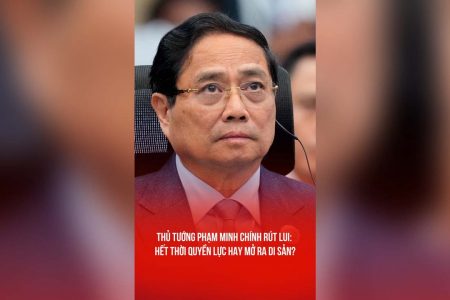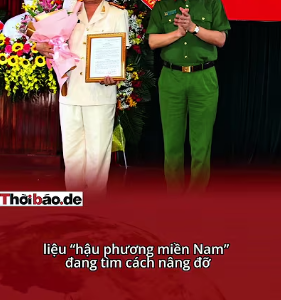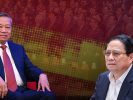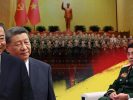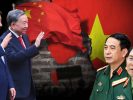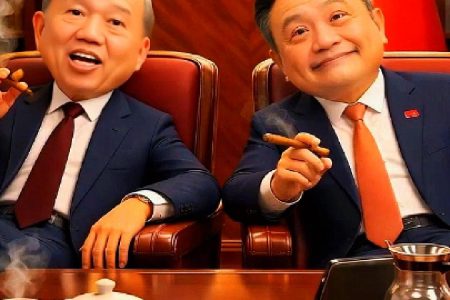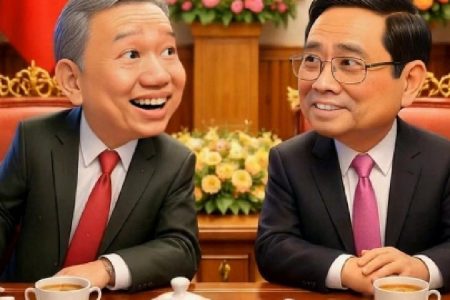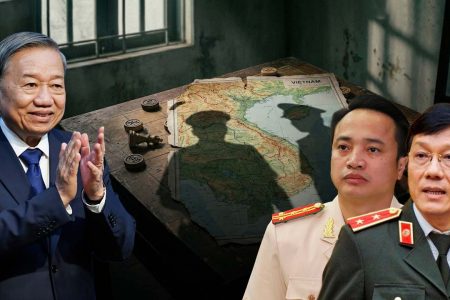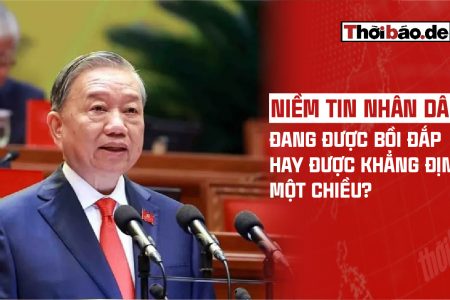
Official Development Assistance (ODA) is a form of „disguised“ borrowing, in which rich countries lend to poor countries to build infrastructure. This is called a „concessional“ loan with an interest rate of 0% and sometimes include „non-refundable aid.“ However, most affluent countries avoid this type of borrowing, why?
The reason is that when rich countries lend money, they often force poor countries to sign binding agreements. There are many ways of binding. For example, when Japan provides an ODA loan, it is mandatory for the Vietnamese side to choose a Japanese contractor. And Japanese contractors bid high, so the interest on the loan is taken back in the form of contractor’s interest.
Sometimes in the loan agreement there is a requirement requiring the receiver to purchase outdated technology from the donor, or to make certain political concessions. In general, there are all kinds of binding conditions that, if converted, are more expensive than commercial loan interest rates. That’s what’s hidden behind the ODA loan.
In rich countries, they often choose commercial loan packages, no one wants to borrow ODA with all kinds of unfavorable constraints. For commercial loans, the government can be more independent in investment matters, while ODA loans must be associated with the projects which will be carried out by the lenders. For example, if the Japanese government lends ODA, the Japanese side will disburse when paying to Japanese contractors. That is, money from the Japanese government will flow into the hands of Japanese contractors only.
During the 1997 Asian financial crisis, Korea borrowed $58.4 billion from the International Monetary Fund for economic recovery. After 3 years, the Korean economy recovered and was able to repay the debt. Commercial loans are much more flexible than ODA loans, but commercial loans are not easy. Countries with high credit rating in the rating scale of S&P, Moody’s or Fitch are easy to get commercial loans. Vietnam is a country with a low credit rating, so it is very difficult to get a large loan, so it has to beg rich countries to lend ODA for investment.
It is known that during Vietnamese Prime Minister Pham Minh Chinh’s business trip to attend the G7 Summit and worked in Japan in May, he successfully got a YEN61 billion in the form of ODA loan package. And this loan was quickly signed.
Every time the leaders of the four highest ranking officials visit and bring back an ODA loan to Vietnam, the domestic press praises it as a „successful“ trip. Very true, if you go to beg and people give you money, then obviously it is a successful begging trip. However, if you look further, you will see, why people don’t go begging but we have to beg, then that has to be re-examined. Why is it that 37 years after economic reform, Vietnam still seeks financial assistance from all over the world? Why do you say „rich people, strong country, fair, democratic and civilized society“ but can’t do it forever?
Borrowing ODA is not an honor. In some respects, it said, Vietnam has not escaped the „beggar“ life despite many years of exhorting with „miracle development.“
Miracles are nowhere to be seen, only seeing society without food, evils overflowing, people trapped in each other’s lives, etc… It is said that poverty gives birth to thieves. If you look at Vietnamese society, you know that thieves are everywhere, that is a sign of an impoverished society.
It was not incumbent PM Chinh who went to „beggar“ but also the previous prime ministers. Also go from country to country. As a Vietnamese, seeing leaders go „begging“ from foreign countries, don’t sympathize with them, but understand that they are those who make the country poor, then the country will become as miserable as it is today, it is a shame. That shame is caused by the ruling Communist Party.
Thoibao.de (Translated)



